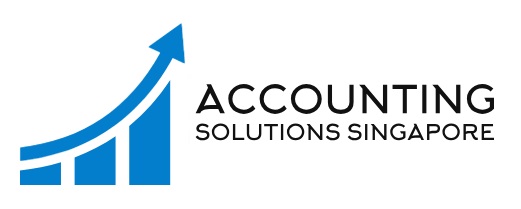Qualifying Conditions For Group Tax Relief
In Singapore, to qualify for group relief, both the claimant and transferor have to be:
1. companies incorporated in Singapore;
2. in the same group of companies, and maintain at least 75% shareholding; and
3. have similar financial year end.
1. Companies incorporated in Singapore
Both the claimant and transferor must be Singapore incorporated companies.
For Group relief, in determining ownership, IRAS disregard any holdings by or through non-Singapore entities.
If there were a foreign-incorporated company in the ownership chain, IRAS do not include its shareholding to determine the indirect or direct shareholdings.
2. 75% shareholding threshold within the same group
Ordinary shareholdings have to be at least 75% during the entire basis period.
The basis period refers to the year of assessment that the company’s profits is subject to tax.
There are two (2) tests to determine the ordinary shareholding.
1st: Requirement for Ordinary Shareholding
To pass the test, there needs to be 75% or above ownership of the company’s ordinary share capital.
Ordinary shares are the company’s shares that have the right to variable profit participation and do not include shares that have the right to receive fixed dividends.
2nd: Assets and Profits Available for Distribution
Companies holding ordinary shares have to show that they can be beneficially entitled, indirectly or directly, 75% of:
– distributable profits available to the equity holders; and
– residual assets available for distribution among the shareholders (upon cessation of company’s business).
3. Same Financial Year End
To qualify for group relief, members of a group must be the same financial year end.
This only applies to the claimant and the transferor companies.
Other companies within the group can have different financial year end.
For example, Company A is the transferor, and Company B is the claimant.
Both Company A and B are related to Company C and all in the same group.
Company C needs not have the same financial year if it is not claiming its loss items from Company A or transferring its loss items to Company B.
Should you need assistance or would like to find out more about Tax Services in Singapore, please send an email to Contact@AccountingSolutionsSingapore.com, and our business advisor will contact you.
